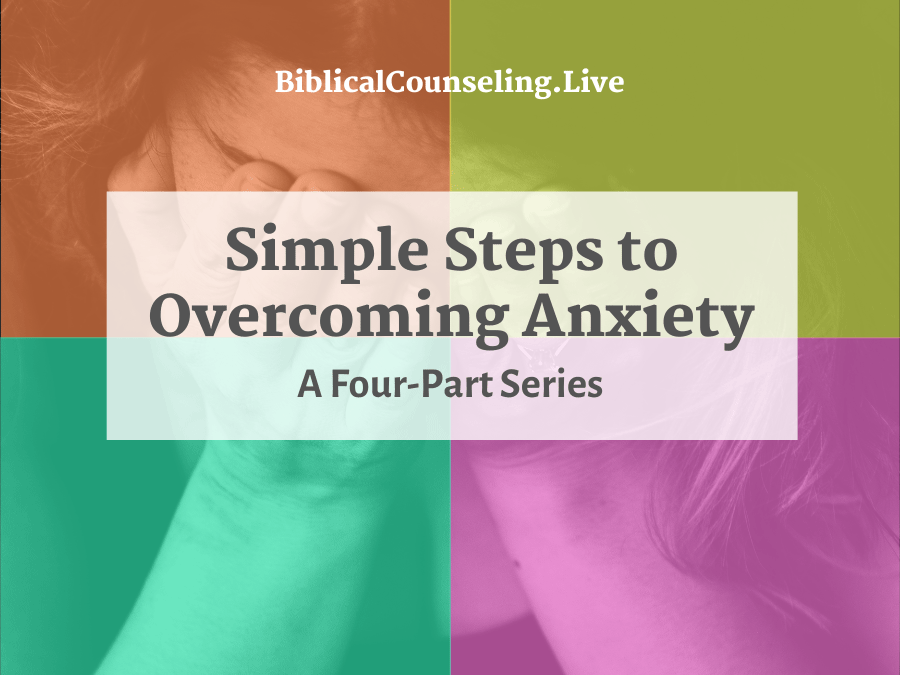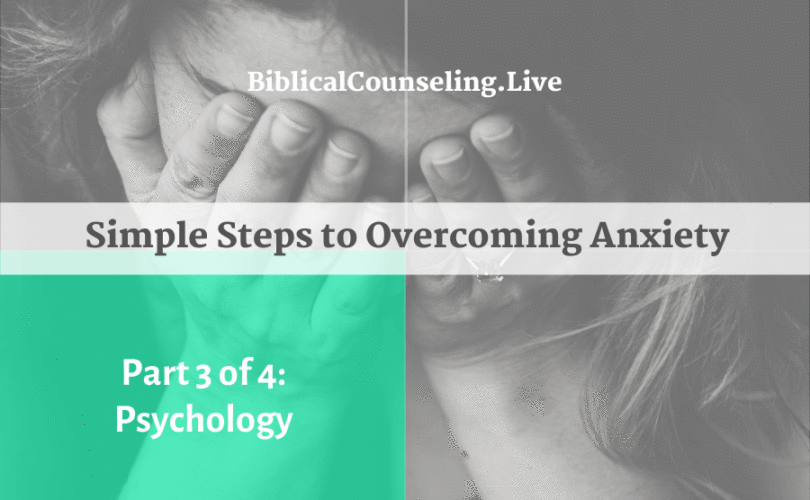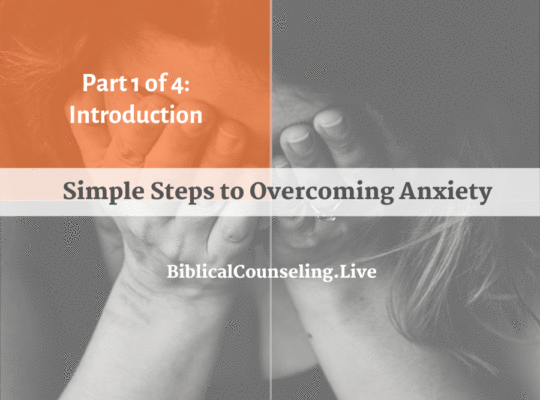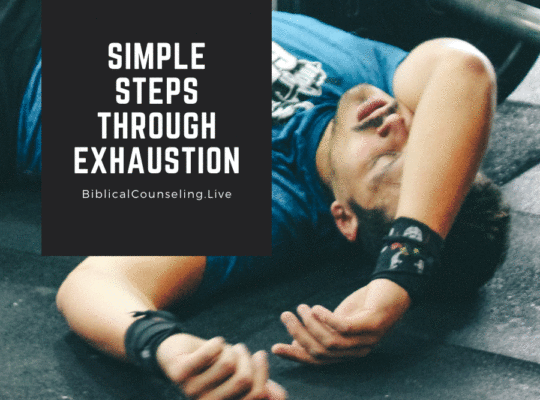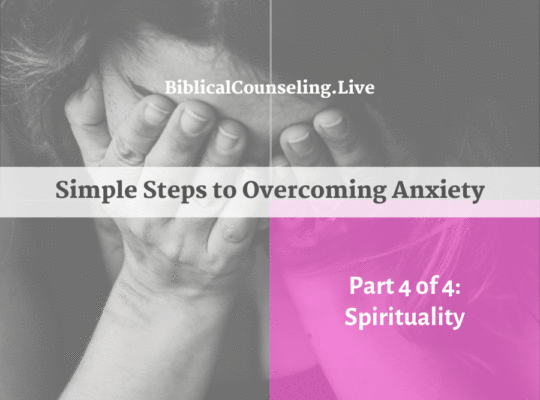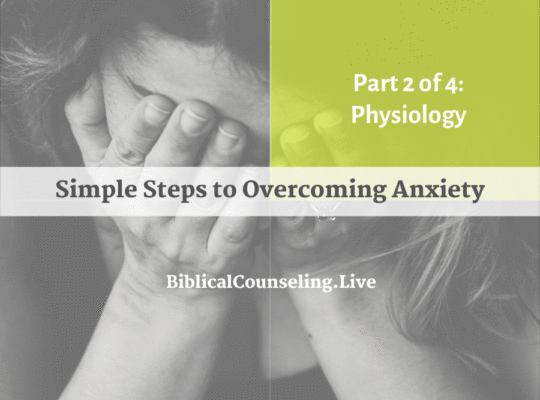Original Post Date: June 26, 2019
Part 3 of 4
This morning, as I was pedaling away on my stationary bike, I watched NCIS: Season 14: “Philly.” I don’t watch T.V. shows like a normal person.
As I watch, I’m asking myself questions like, “Why did the writer choose to have the character say that line? Why did the actor deliver that line that way?” and “Why is Gibbs (commander for the team) playing the archetypal guru in this episode? Are they changing his character? Why did they abandon his role as the hero archetype? How does this affect the story line?”
As a default literary analyst, one of the trends I’ve noticed in current story writing is the need to inflict every character with a trauma — an Achilles’ heel, a debilitating internal conflict — which then lends itself to secondary story lines in each episode. The character’s trauma is treated like a video game boss that must be defeated before the season ends.
In this NCIS episode, it was revealed that Agent Quinn, a newer member of Gibbs’s team, has a deep, dark secret regarding something that happened in Philadelphia. Apparently, it was such a traumatic event, that she left her fiancé, broke up other long-term relationships, and even switched jobs. For 12 years she had been unconsciously plagued by this trauma.
Upon being told that she has to work on a case in Philadelphia, Quinn gets very anxious and begins to act irrationally. She gets irritable with people who question her, goes on a drinking binge, and even has a flashback during one scene, which paralyzes her with fear.
Toward the end of the episode, she and Agent Gibbs re-visit the site where her trauma happened. He asks her to tell the story of what happened, and she gets anxious, angry, and emotional. At the end of her narration, he asks her, “What aren’t you telling me? There has got to be more to this story.”
This makes her furious and she bursts out with the “truth” that she has been avoiding: Quinn blames herself for her former partner’s death. Quinn’s trauma is resolved when Gibbs simply says, “It wasn’t your fault,” and explains that the guys with the guns were at fault.
Apparently, this trauma is SO profound that Quinn’s whole life is derailed. It makes her unable to do her job, unable to maintain deep relationships, and unable to “heal from the trauma” (though she is a brilliant, analytic detective). But, it can be solved in 30 seconds. Try not to laugh.
Why am I telling you all this? This episode perfectly illustrates an unbiblical explanation of how to resolve trauma (AKA, sinful circumstances). Because the discipline of psychology seeks to understand why people do what they do, they ask, “What is happening in this person’s soul, mind, and spirit, that causes them to act in this particular way?”
The word psychology simply means “the study of the psyche.” What is the psyche? According to Google, it is “the human soul, mind, or spirit.” Does that sound familiar? If you have spent any time in your Bible, you know that the whole thing is filled with descriptions of humans and how their souls, minds, and spirits interact and produce actions (1 Thess. 5:23, Phil. 2:1-3, Deut. 6:5, Matt. 22:37).
Scripture calls the intangible part of us our “heart” (1 Sam. 16:7, Jer. 17:10, 1 Cor. 4:5). For the purposes of further discussion, I will be referring to the “heart” as the “hidden emotional-intellectual-moral activity” of a person (Baker’s Evangelical Dictionary of Biblical Theology).
In order to overcome anxiety, Christians must not buy into psychological theories that do not agree with Scripture:
1. Avoiding trauma will not solve anxiety
The most common psychological explanation for anxiety (both as a physical reaction and a heart reaction) is that it is caused by trauma. Therefore, the logical conclusion is to resolve the responses to trauma and to keep trauma from happening (enter “safe zones” and “triggers”).
The solution? If external things cause anxiety, then one must control the external.
Psychologists have accurately observed that when people experience something that hurts them or doesn’t make sense to them, they will often become anxious about putting themselves in the same position again.
This theory agrees with what scripture teaches us about God being our Creator. He made us to be able to reason, learn, and build habits. He gave us a survival instinct because life is valuable, so we are able to learn to avoid danger (Ps. 139:14, 1 Tim. 2:3-4) . By His perfect design, we don’t have to make new decisions every minute of the day (Gen. 1:26-27, Rom. 12:2).
For example, I have learned that if I hear a dog barking, it’s in my best interest to look around to see what’s going on. The dog may be giving me a warning that he’s coming at me, about to go at someone else, or perhaps there is just a squirrel passing by. A dog barking puts me on alert; I don’t have to think about that because it has become habit.
But, because we are broken in body and mind because of the curse (Rom. 5:12), our responses are not always correct. Sometimes our responses are informed by false cues (e.g., all tall men are dangerous because one tall man was dangerous; accidents happen when blue cars race by, because last time a blue car raced by I got in an accident), or false information (e.g., my mother told me that germs will kill me; God is not in control of all things).
In the example above, Quinn was anxious about returning to a place that reminded her of something that scared her. Something bad happened last time she was there, so the obvious answer was to not go to the place where bad things happen. By controlling the external, she could avoid anxiety.
However, the Bible tells us that the answer to trauma is not to avoid it, but to develop a biblical perspective of it. Trauma WILL happen because we live in a Genesis 3 world.
- Fix my expectations of mankind/self: Scripture tells us that people are fallible. They will not do or say the right things (Rom. 3:23, Ps. 51:5), even with the best of intentions. Even people who are Christians will sin against others. We should expect to be sinned against A LOT and have to bear with the mistakes of others (e.g., someone crashing into my car). We should also remember that we need the patience and forgiveness of others because we are just as much sinners as they are (Ecc. 7:20, Gal. 5:17).
- Fix my understanding of God’s control: Traumatic situations give us the impression that life is random and we have to be on the lookout for the next bad thing that will happen. This is in direct contrast to what the Bible teaches (Col. 1:17, Heb. 4:13, Jer. 32:27, Job 42:2, Prov. 16:4, Eph. 1:11-12). We know that God is sovereign over all things and He is good (Ps. 33:10-11). Therefore, even the most horrible things that happen, happen only with God’s permission (Mar. 1:27, Job 1:6-12) and with His redemptive purposes in mind.
- Have patience during the healing process: Just like a broken arm, the effects of trauma do not heal overnight. The more severe the trauma and the longer the trauma was endured, the more likely it will take a longer time to heal. Think about the depth of pain and the battles in the bodies and hearts of soldiers who come back from active duty in wars, or children who were abused for years, or rape victims. By God’s grace, some people rebound from trauma quickly, but generally it takes lots of time and lots of love and patience. Be kind. (1 Thess. 5:14, Rom. 12:15-16, 2 Cor. 1:3-7, Matt. 7:11-12)
2. Freedom of expression will not solve anxiety
This psychological theory comes out of the Freudian movement. It says that the problem with anxiety is that you have repressed feelings or desires.
The solution? Express yourself and indulge in your desires!
The underlying worldview here is that all of our feelings and desires are valid because people are fundamentally good; therefore any desire we have must be good. The conclusion then, is that giving full vent to your anger, being sexually intimate with anyone/anything you desire, cutting people out of your life who do not “validate” you, or buying that new dress even if you don’t have the money, are all perfectly acceptable ways to relieve anxiety.
This is diametrically opposed to what the Bible teaches. Scripture is very clear that we are NOT to trust our feelings and desires because our hearts are desperately deceitful and wicked (selfish, self-centered, vengeful, lying, corrupt) (Jer. 17:9 Mark 7:21, Rom. 1:21).
Even people who do not acknowledge God define behaviors as good and evil (good=rescuing a dog off the street, bad=killing a child), so this theory does not work because it denies the reality of right and wrong (Rom. 1:18-32), and does not acknowledge original sin. If a serial killer experiences anxiety because he has not been able to satisfy his desire to kill, should he be allowed to relieve that anxiety? If a husband is angry at his wife, should he be allowed to vent his anger by yelling at her and hitting her? If a young lady is anxious because she feels out of control of her life, should she go buy a new dress so she feels in control?
“You do you” is a lie.
The Bible tells us that instead of indulging the desires, we need to change our desires. When a young lady buys a dress to feel more in control, the indulgence will actually ADD to the problem, not make it better. She will add to her anxiety 1) the guilt she feels as a result of spending money she shouldn’t have, and 2) the frustration she feels when the dress doesn’t ultimately make her feel better. And now she has to deal with guilt and frustration… which add more anxiety.
Indulging may provide momentary relief, but the underlying anxiety can only be solved by dealing with the unbiblical beliefs that are making the young lady feel out of control.
- Fix my expectations of mankind/self: In each of the above scenarios, the person has the wrong view of the attributes and inner workings of mankind. Scripture tells us that we are not in control at all (Prov. 19:21, Prov. 16:9). Scripture tells us that it is not our job to take vengeance (Heb. 10:30, Lev. 19:18). Scripture tells us to not sin in our anger (Eph. 4:26). Scripture tells us that our sexuality is designed for a very specific purpose and to be expressed in very specific contexts (Heb. 13:4, 1 Thess. 4:3-5). If we violate these guidelines, we will actually do damage to ourselves and others. God knows how to relieve our anxieties (1 Pet. 5:7), and “venting” and “expressing” won’t do it.
- Fix my understanding of God’s role: God is in control. God takes vengeance. God created man and woman as sexual beings and designed them for specific use. He has the owner’s manual and doing anything different with His creation makes a mess. We were created to glorify God, and anything contrary to His Word does not bring Him glory. (Prov. 16:4, Is. 43:7, Rev. 4:11, Gen. 1:27, Eph. 2:10) When God tells us to cast our anxieties on Him, He is telling powerless creatures to let the all-powerful Creator take care of business (1 Pet. 5:6-9, Ps. 55:22).
3. Behavior modification will not solve anxiety
Whether it is person who tells you, “Just stop it!”, a 12-step program, or cognitive behavioral therapy, all of these methods rely on the outer-to-inner approach. The theory is that by changing what you are DOING, you will fix what you are feeling.
The solution? Control your thoughts and feelings and you will be able to control your anxiety.
Each of these methods relies on a certain amount of self-awareness. By getting in touch with your feelings and thoughts, and any triggers (external stimuli) that cause you to act in a way that is unwanted, you can control your actions and emotions through self-discipline and self-awareness. For most therapies in this category, a high amount of accountability is required.
The nice thing about this method is that a lot of the time it works! Why? Because God tells us that any time we discipline ourselves to do what is right, it is a good thing. Disciplining yourself not to be a drunkard so you can maintain relationships and work is GOOD. Choosing to ignore feelings that are not valid, is GOOD, because… honestly… melting down on the floor in a puddle of tears every time one is told “No” doesn’t work out in the long run.
Christians and unbelievers can both change their behaviors through hard work and choice. This is a common grace provided to all mankind. (1 Tim. 4:7-8, Prov. 12:1, Prov. 29:15)
However, choosing not be be anxious in any given situation through controlling one’s thoughts and emotions doesn’t solve the underlying problem — the heart. Someone who is anxious in one situation because she feels out of control, will just find something else to be anxious about when something else feels out of control. This is because the underlying beliefs are contrary to Scripture and are not informing her emotions and thoughts.
If behavior modification doesn’t work, what does? Heart change.
And that will be next…
Up Next… Simple Steps to Overcoming Anxiety: Spirituality (Part 4)
Go Back… Simple Steps to Overcoming Anxiety: Physiology (Part 2)
Resources:
- Counseling Conference Session: Depression and Anxiety, by Dr. Laura Hendrickson
- Link to Anxiety Archives at ACBC ‘s website.
- Podcast about Cognitive Behavioral Therapy from a biblical viewpoint
- Class (audio and transcript) on how psychology views mankind differently than the Bible
- Blog post on a biblical view of instincts and how God created us to survive
Books
- Overcoming Fear, Worry, and Anxiety by Elyse Fitzpatrick
- Idols of the Heart by Elyse Fitzpatrick
- Courage: Fighting Fear with Fear by Wayne and Joshua Mack
- The Process of Biblical Change by Julie Ganschow
- The Christian’s Guide to Psychological Terms by Marshal and Mary Asher
